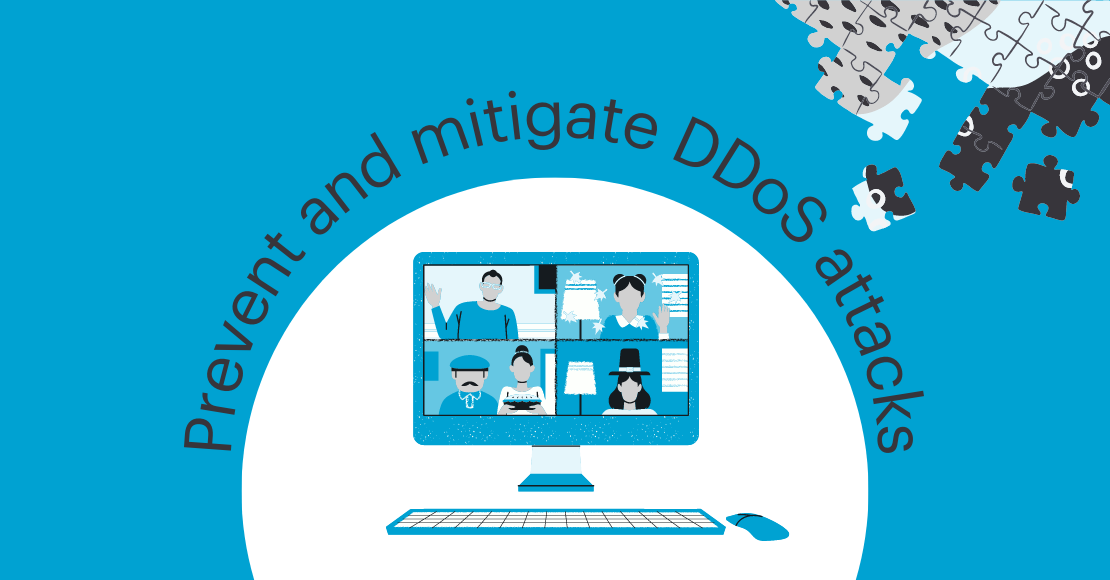In today's world, everything is becoming digital. Most of our data is stored and transmitted digitally, from finances to communications. With this shift, it's more important than ever to maintain the integrity of our data.
Integrity, in terms of data, involves maintaining its consistency, accuracy, and trustworthiness over its entire lifecycle. Data must remain the same in transit, and steps must be taken to ensure an unauthorised person cannot alter data.
Watch the YouTube CyberSec Chat: Maintaining Integrity in a Digital Landscape
This blog is based on the YouTube video CyberSec Chats | Why Data Integrity is Crucial in the Digital World. You can watch the whole CyberSec chat here:
Table of Contents
In this blog, we will learn you the following:
- The Importance of Integrity
- Types of Integrity Errors
- Common Threats to Integrity
- Maintaining Integrity in Software Development
- Conclusion
RELATED COURSE
Secrets Management for your Applications
At the end of this course, you will know how to apply basic principles for secrets management for your applications in Java, .NET, Python and NodeJS.
Why Integrity is Important
The importance of integrity cannot be overstated. Breaches in integrity can have serious consequences, ranging from minor inconveniences to significant security risks. For example, imagine waking up one morning and checking your bank account only to see that the balance is zero. This is precisely what happened to one of my colleagues' friends, who had opened a business bank account with a new online bank. Although his money was still there, the account showed zero balance, which caused panic and confusion.
Another example of a breach of integrity is when confidential information is leaked or altered. This can happen in many ways, such as through a data breach or human error. The consequences of such a breach can be severe, not only for individuals but also for organizations. A company's reputation can be ruined if customer data is compromised, and it can take years to rebuild trust.
3 Types of Integrity Errors
Three types of integrity errors are:
- Commission
- Omission
- Manipulation
Commission involves creating a message that never existed, while omission involves deleting a message that never existed. Manipulation involves changing an existing message. These errors can occur in any data transmission stage, from sending a message to receiving end.
Common Threats to Integrity
There are many threats to the integrity of our data. These threats include malware, hacking, viruses, and system failures. One of the most common threats is human error, which can lead to miscommunication and mistakes. We've created a hands-on course base to overcome this most common error. Threats can have serious consequences, so protecting against them is important.
Maintaining Integrity in Software Development
As more companies move towards automation and digitalization, it's becoming increasingly important to maintain integrity in software development. Automated processes can be susceptible to manipulation and breaches in integrity, which can have serious consequences for companies and individuals.
To maintain integrity in software development, companies must ensure their development processes are secure. This includes implementing measures such as data encryption, regular security audits, and testing for vulnerabilities. It's also essential to have a system in place to detect and respond to breaches in integrity.
Conclusion
In conclusion, maintaining integrity in a digital landscape is crucial. With more and more of our data being stored and transmitted through digital means, the consequences of a breach in integrity can be severe. To protect against these threats, it's important to maintain our data's integrity and implement secure development processes. By doing so, we can ensure that our data remains consistent, accurate, and trustworthy over its entire lifecycle.
